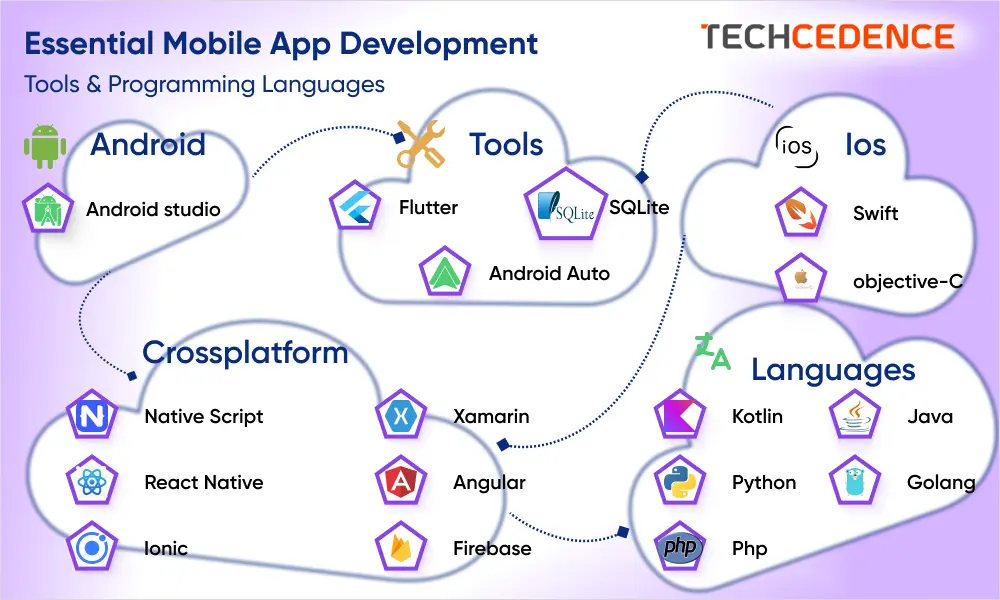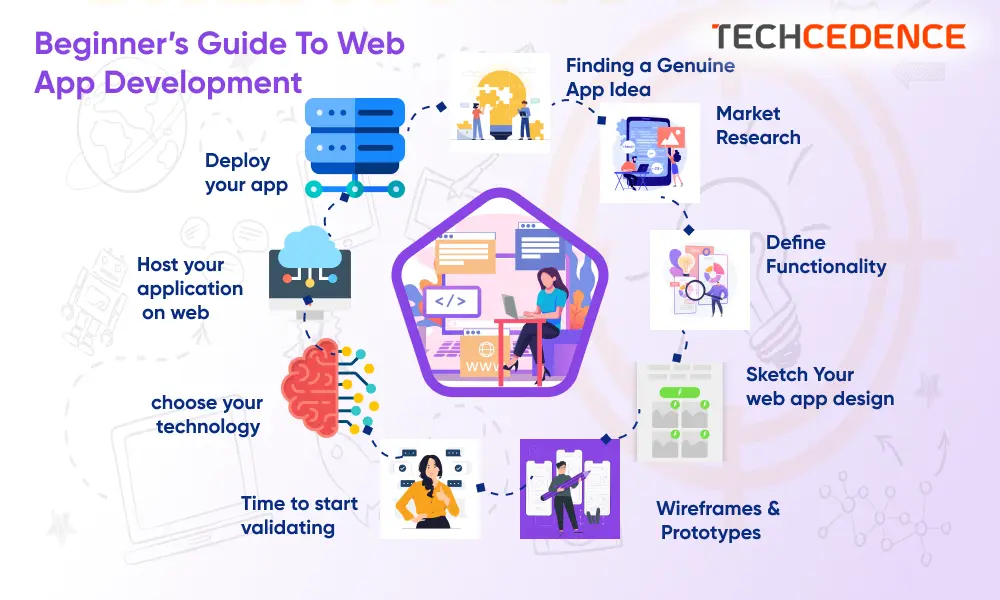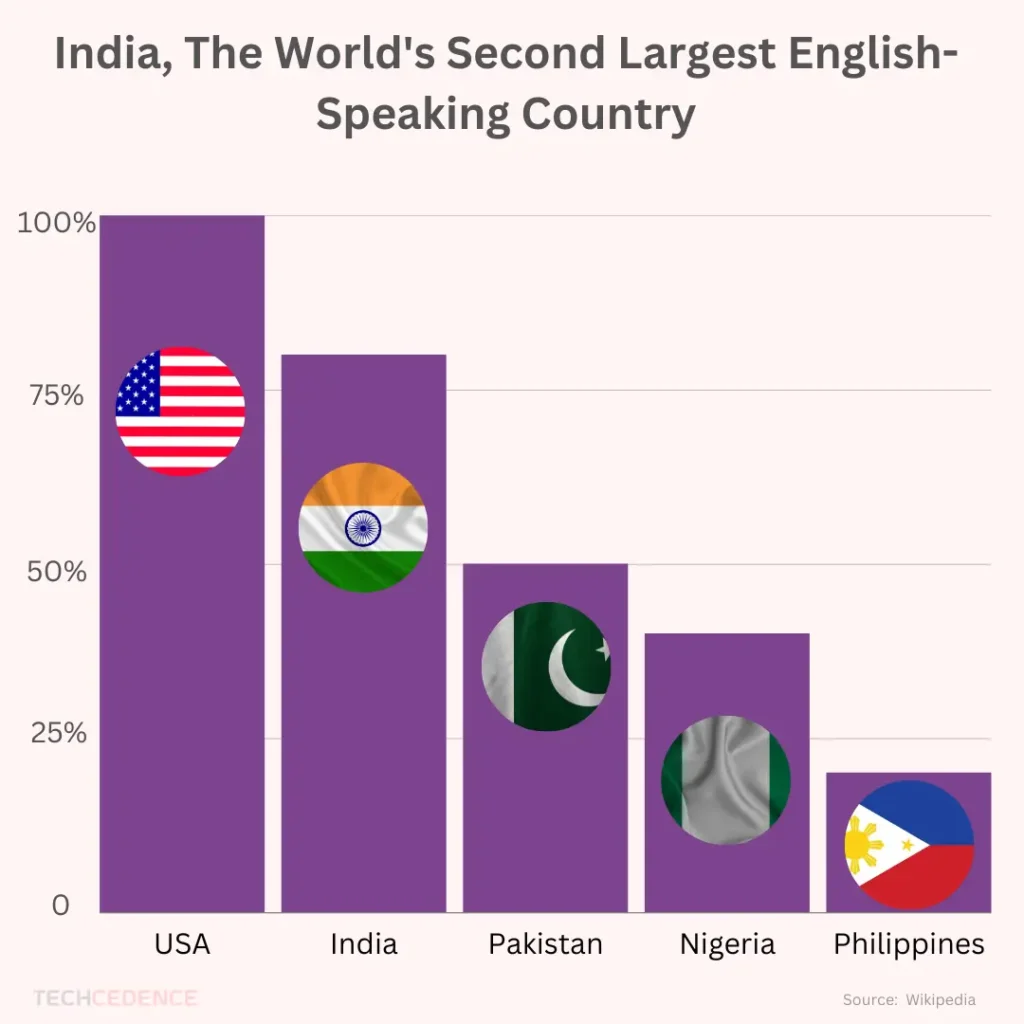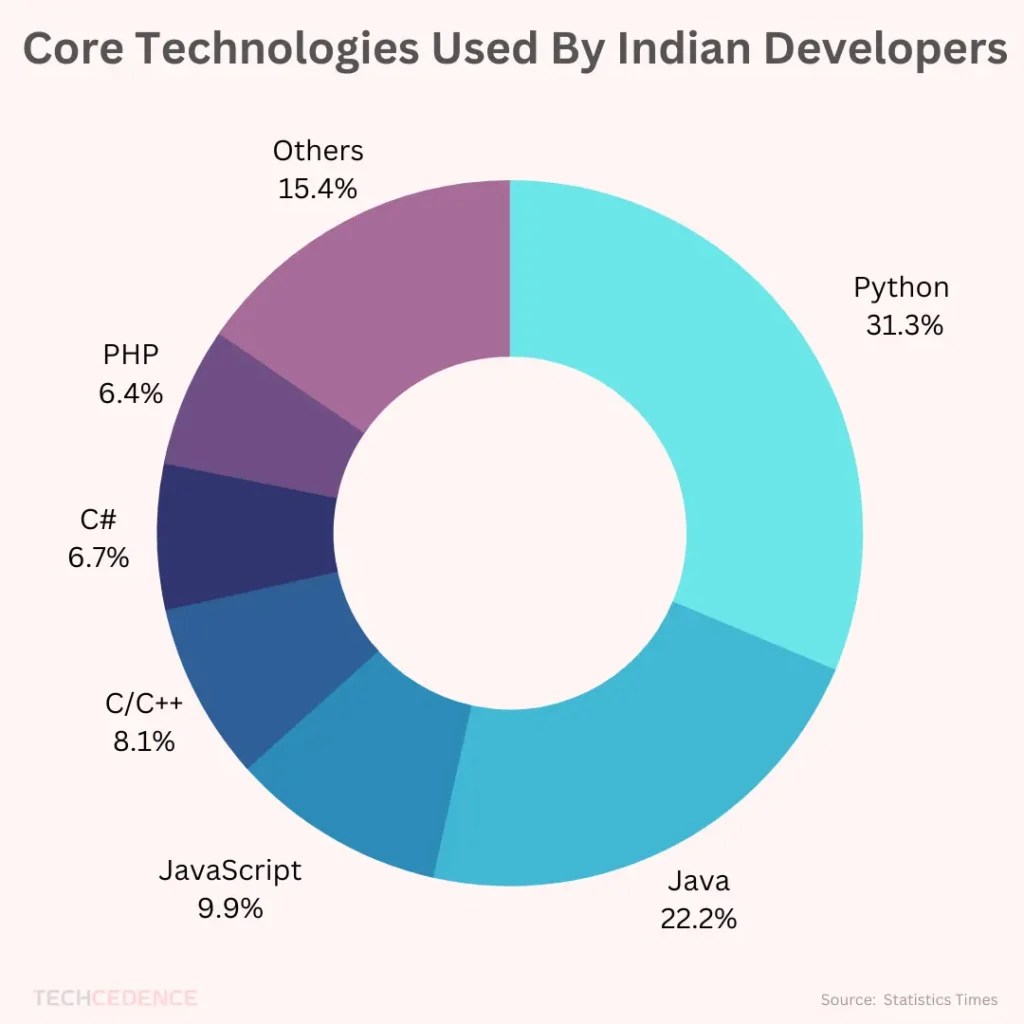How is Modern Web App Development Changing?
Web application development is a highly dynamic space. Every time you look at the latest web app development trends, you’d find something new creating the buzz. Of course, the continuous evolution keeps developers on their toes. But thanks to the zest. That makes web apps more and more competent by the day for users!
User needs and demands significantly drive modern web app development. The app’s interactivity alone doesn’t suffice these days. Users demand intelligent apps that simplify their use and offer more sophisticated experiences!
Thus, web apps require integrating technologies that meet these advanced user needs. Let’s look at five such of them trending in modern web app development.
1. VR and AR
Immersive web experiences have become more important than ever. If it isn’t engaging and immersive enough, it simply isn’t happening!
Given the need, what could be better than AR and VR? Thus, many web applications increasingly integrate AR and VR to deliver out-of-the-world user experiences and foster more meaningful interactions.
2. Intelligent Chatbots
Human-to-human interactions could be delayed. After all, how many people can help a customer service agent chat at the same time? That precisely makes chatbots the need of the hour. But AI-driven intelligent chatbots!
AI-driven smart chatbots can interact with numerous users simultaneously, precisely answer their questions and learn with every interaction. Quicker, precise and smart responses can help enhance user service.
3. Blockchain
With a market size of about USD 7-8 billion in 2022, approximately USD 67-69 billion by 2026, and around USD 163-164 billion by 2029, blockchain is already on its way to becoming even bigger! And we wouldn’t be surprised if it keeps growing beyond that. Of course, it is blockchain’s tangible benefits that fuel its growth.
So, what does blockchain do? It strengthens transactional security and streamlines transactions by eliminating the need for intermediaries. Further, it reduces intermediary costs and makes transactions more transparent than ever.
Web applications that frequently deal with transactions can benefit largely from the blockchain. It can make transactions more secure and efficient.
4. Engaging Videos and Backgrounds
The way brands present their products and services matters. And to do so, nothing is as interactive and interesting as a video.
Thus, web applications are increasingly using engaging videos and moving backgrounds to make their web app appear livelier.
Now, how does it benefit companies with such web applications?
It helps boost the conversion rate and enhance user loyalty. Thus, the web app becomes more productive.
5. Real-Time Web Apps
Performant native web apps that perform in real-time are increasingly becoming a need. These applications seamlessly interact with the backend system and update in the browser without requiring the user to refresh the page.
Accordingly, developers leverage technologies like Node.JS to build real-time web apps featuring data analytics, instant messaging, etc.
Redefine Web Applications with Techcedence!
Are you looking to develop an incredibly powerful, scalable, and efficient web application for your business? Techcedence is the web app development company to partner with. Our extensive technology access, remarkable capabilities, and organized web app development process distinguish us from the rest.
Get a competent web application aligned with contemporary user needs, enriched with features and functionalities and equipped with the latest technologies.
Choose Techcedence. Choose to succeed!
Email us at sales@techcedence.com to learn more about our web app development capabilities and results.















